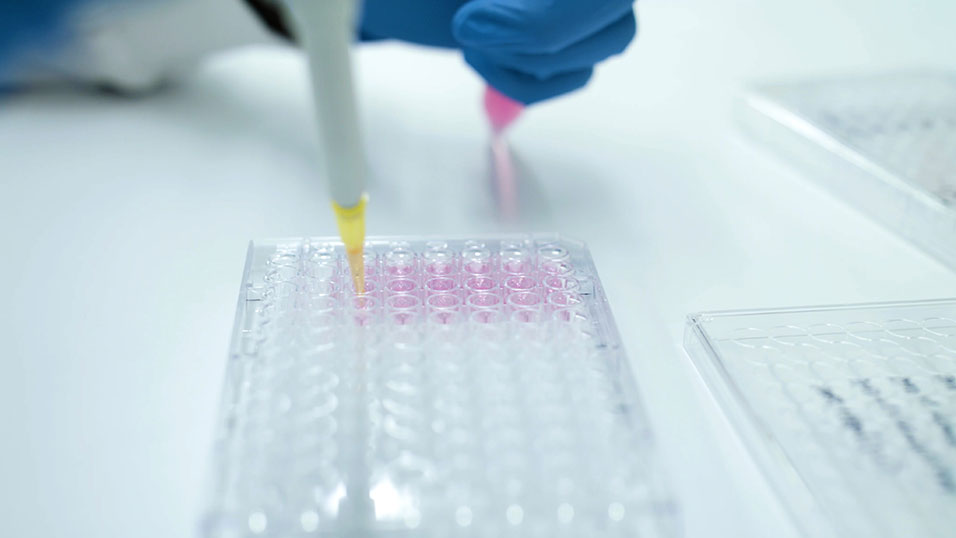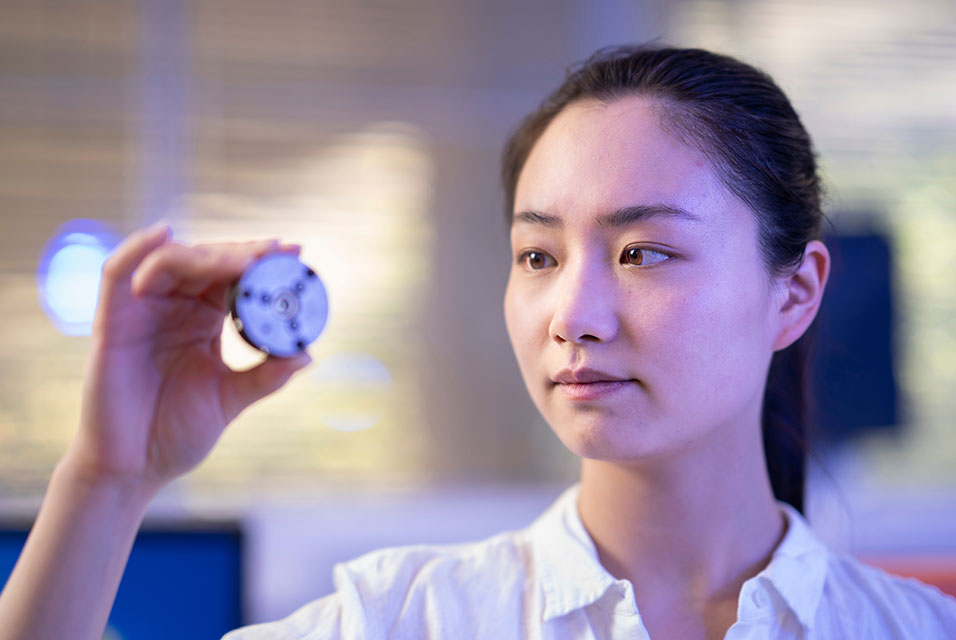BRISBANE.- A new medication which can be applied to the skin could help prevent organ transplant recipients from developing harmful skin cancers.
The world-first treatment being developed at
The University of Queensland is the only drug of its type that could prevent the incidence of skin cancers for transplant patients.
Lead researcher from UQ’s Diamantina Institute Dr James Wells said the treatment was shown in models to clear skin tumours that grow as a consequence of taking tacrolimus – a drug that transplant patients must take to suppress their immune systems to avoid organ rejection.
“It’s first-in-class, meaning there is no other drug that has been developed targeting the same mechanism,” Dr Wells said.
Organ transplant recipients are 100 times more likely to develop squamous cell carcinomas (SCC) than the general population, with patients developing multiple SCC’s.
The current treatment includes invasive surgery or drugs with harmful side effects.
“This new potential therapy works by enabling the patient’s immune system to fight the skin cancer locally, without impacting the most commonly prescribed drug, tacrolimus, and its role in preventing rejection of transplanted organs,” Dr Wells said.
“Our goal is to provide the best possible outcome for the patient, which is the prevention of skin cancers while on immune-suppressing drugs.
“Such an outcome has the potential to be transformative for organ transplant patients trapped by the longterm need for immunosuppression resulting in the development of multiple skin cancers that require surgery and could be lethal.”
Cancer is the leading cause of death for kidney transplant recipients in Australia, not transplant failure or rejection.
The scientists discovered a molecule that, when applied to the skin, specifically activates cancer clearing mechanisms at the site of the skin cancer, allowing the patient’s immune system to quickly eliminate the skin cancer without the need for invasive surgery.
“Skin cancers are often extremely aggressive in organ transplant patients with a high risk of spreading quickly and recurring post-treatment,” he said.
“Some patients go into hospital every month and need to have multiple tumours cut out of their skin.”
Dr Wells said that using this molecule would help the patient’s immune system clear up the cells damaged from UV rays and prevent skin cancers from growing.
The molecule was discovered by the Queensland Emory Drug Discovery Initiative (QEDDI), a business unit of UQ’s commercialisation company UniQuest.
Working with Dr Wells and his team, QEDDI identified and have further developed the molecule and demonstrated that it can reduce and eliminate cancers.
UniQuest Executive Director of Intellectual Property Commercialisation Dr Mark Ashton said QEDDI was uniquely placed to drive the drug discovery and development activities supporting Dr Well’s successful NHMRC Develoment Grant application.
“Our fully integrated small molecule drug discovery facility is based at UQ’s St Lucia campus, so researchers can easily collaborate with QEDDI’s industry-experienced team to progress their potential new therapies towards the clinic,” Dr Ashton said.
“UniQuest is now seeking potential partners or investors to work with QEDDI to take this promising drug candidate through preclinical development, into clinical trials and ultimately to the market to benefit patients with this unmet need.”
Dr Wells’ research is one of four UQ projects awarded a National Health and Medical Research Council Development Grant for 2021.
UniQuest have filed a provisional patent on the molecule.










